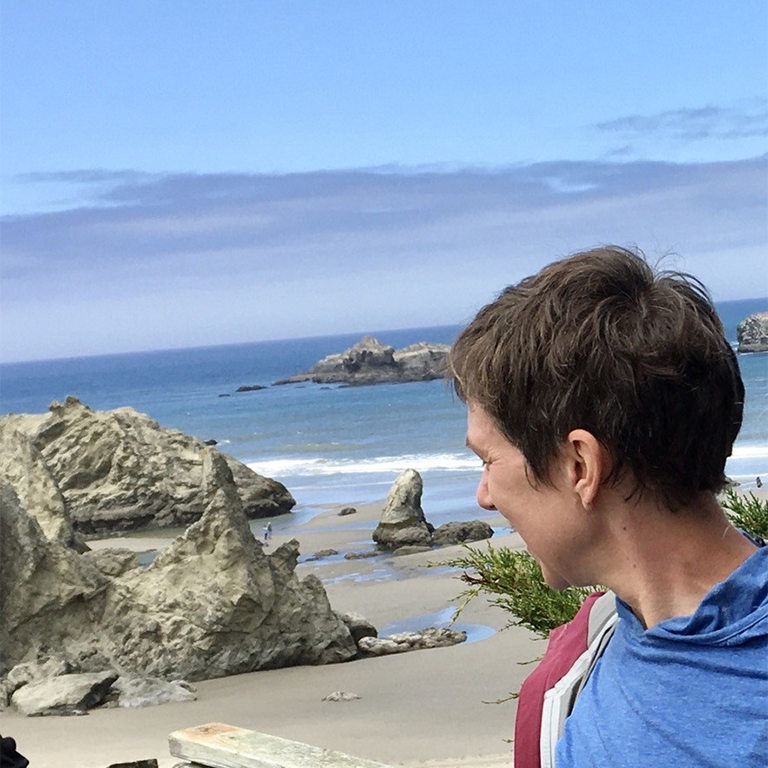All that went exactly as planned. The family visits were wonderful; the memorial was comforting, and the rocky Oregon beach was spectacular.
But I hadn’t been prepared for what it would feel like to drive through the region I grew up in, under skies hazy with smoke, in heat that once was unusual, while listening to American Zion, a book about how Mormon theology has inspired an anti-government, anti-environmentalist movement led by Utah rancher Cliven Bundy, and his sons.
It’s not always easy to see the connection between ideas and living things—or, in this case, between theology and ecology. That’s exactly why I’m excited to be teaching in Human Biology, where teachers and students recognize that what we see is inseparable from how we’re taught to see; that science is an interpretive project, requiring critical engagement as well as deep knowledge; and that ideas—including everything from Mormon theology to racist ideologies—can and should be part of the study of biology. I have been a professor of Religious Studies at IUB for twenty years, and taught my first HUBI class last spring, with Dr. Berndtson. Our shared experiment was to study the science of human gestation and prenatal care while reading Toni Morrison’s award-winning novel, Beloved, a searing account of how history and racism and religion influence human health and development at every stage. Many of the students shared my uncertainty about how a novel about nineteenth century America might enhance their knowledge of gestation and birth, but with the help of Sara Conrad and three stalwart UTA’s, we found our way and learned a lot, together. I’m excited for the opportunity to launch the experiment anew, this time in person, in Spring 2022!

 The College of Arts
The College of Arts